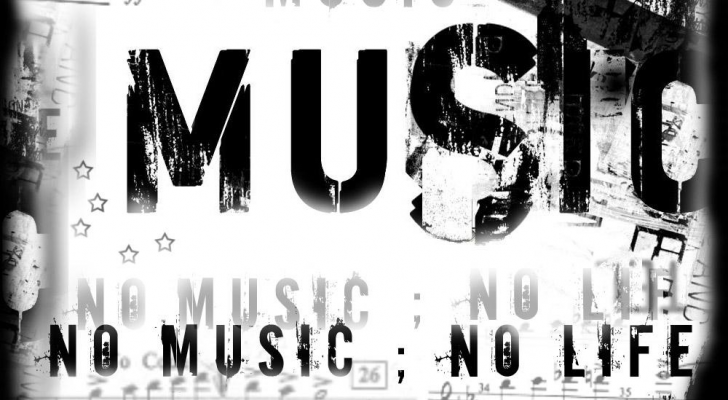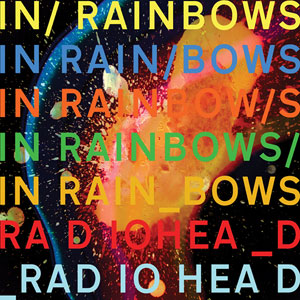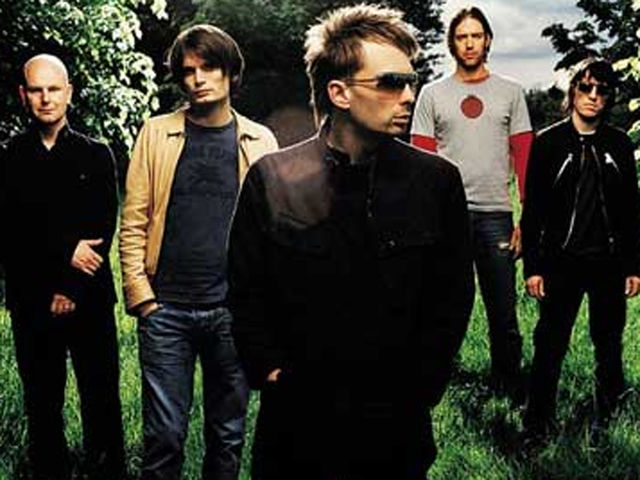I can clearly admit that I am a ‘what if’ type of person. What if’s are a fun and intriguing way of looking at the world had different choices been made in contrast to the ones that did. Lately, a ‘what if’ has been fermenting within the boundaries of my brain that has intrigued me to no end- What if some of our favourite music of the past had never existed? That particular type of music that has had a definitive impact upon our lives such as a strong emotional attachment (a break up or a first kiss), a nostalgic moment of high school bliss, or a motivational occurrence that spoke to us in a deep and profound way. Music helps us to remember both quirky and meaningful instances from our past, but would we remember those occasions if that particular genre of music hadn’t existed?
Truthfully, there was a very good chance that some of our favourite songs (and bands, of course) would never have been heard. That is, if society didn’t have a say in the matter.
Allow me to explain.
Most of the music we grew up listening to stems from the popularity of other, similar sounding crusaders. Had it not been for one particular band or singer, we may have never had the privilege of discovering some of our most favourite melodies. Poignant moments of our lives could have been eviscerated from thought had it not been for particular songs from bands we continue to cherish as something special in our lives.
For instance, many are well aware that music labels are businesses like any other (Their first goal is always economical profitability). Nine times out of ten, labels will refuse to take a chance on a sound that is not in tune with what is currently popular on the radio. If a particular singer or band is hitting it big, the labels understand that there is money to be made. So they set about exploiting the sound of the hit maker by signing similar sounding singers or bands. This continues until that particular singer or band’s popularity begins to dry out as a result of market oversaturation.
But think about this reality for a second. If Nirvana and Pearl Jam hadn’t exploded onto the scene in 1991, would mainstream society have ever heard of Alice in Chains, Soundgarden, Stone Temple Pilots, and Collective Soul? You see, though they are talented in their own ways, these bands may have never cracked the mainstream music scene had there not been a surge in the search and discovery of new, similar sounding bands that could help the Grunge era profit-wise. The record companies clearly understood that there was a mass audience out there who would swallow anything they served them (as long as it encompassed self-loathing lyricism). So in essence, without the trendsetters, our listening ears may never had heard Soundgarden’s ‘Black Hole Sun’, or Alice in Chains’ ‘Man in the Box’, or Stone Temple Pilots’ ‘Plush’*. These songs would have more than likely remained part of the underground scene forever!
When I hear these songs, vivid recollections arise with the intensity of a John Bonham drum solo. Had Nirvana never materialized as a mainstream success, what would my personal memories of the early to mid 90s (song wise) consist of? This theory can be applied to almost every popular band, no matter the decade.
In the 70s, the emergence of Arena Rock** was intensifying with bands like Journey, Foreigner and Styx helping to popularize it. These acts helped to fully define the sound typified by arena rock, and as a result, paved the way for bands like REO Speedwagon*** and Whitesnake.
In the 90s, without Oasis and Blur, would we have ever heard of Pulp, Elastica, and Radiohead**** (and a few years later)-Travis, Coldplay, and Muse?
Without Rage Against the Machine and Faith No More, would the Nu-Metal***** movement have ever existed? Bands like Korn, Limp Bizkit and Slipknot may never have been heard (To some, this may have been a good thing). Just look at any musical movement and locate the trendsetter, and then look at the bands that emerged as a result******. If you think about it, a lot of bands success happens by chance. This is not insinuating that these bands are not talented, but mostly that they have garnered success as a result of being in the right place at the right time (or better, singing the right style of song at the right musical movement).
It’s bizarre to think that some of our most favourite songs may have never reached our ears had it not been for the success of something else previously. How would our musical world be different? What if the music of The Beatles and The Rolling Stones hadn’t resonated with society, but rather remained in obscurity? Through their influence, the general public has been privileged to so many great bands. Just think of how many musicians would have remained anonymous to the mainstream if it weren’t for these innovators?
Obviously this never happened, and the past cannot be changed. Things do happen for a reason. But think about this the next time you hear your favourite song: Rather than Radiohead’s ‘Fake Plastic Trees’, your most cherished song could have been ‘Boombastic’ by Shaggy. Hopefully for you, it wasn’t.
*Not to mention the rise of Alternative Rock (and its many influential bands) as a result of Grunge. Bands like Bush, Live, and Nine Inch Nails to name just a few. For more bands, just check out highlights of a Lollapalooza tour from the early 90s, which was originated by Jane’s Addiction frontman, Perry Farrell.
**Arena Rock is defined simply as a formula which encompasses slick, commercial material, underpinned by memorable hard rock riffs and a glossy production. Thanks to The Billboard Illustrated Encyclopedia of Music for the definition.
***Though popular in the 70s as a hard rock band, REO Speedwagon’s sound changed in the fall of 1980 with the release of their most commercially successful album, ‘Hi Infidelity’. The album was a stark change for the band as it tended to focus more on pop-oriented material.
****Though they did release their debut album, Pablo Honey, in 1993, their success didn’t skyrocket until after Britpop exploded onto the scene. At first they were considered just another member of the Grunge family (thanks to the success of the self-loathing ‘Creep’), but 1995’s The Bends and (especially) 1997’s OK Computer proved otherwise.
*****A combination of Heavy Metal, Grunge and Rap.
******Imagine the music that we may have never heard. On another note, think of the music that we were not privileged of hearing as a result of it not being popular at a particular time period.



